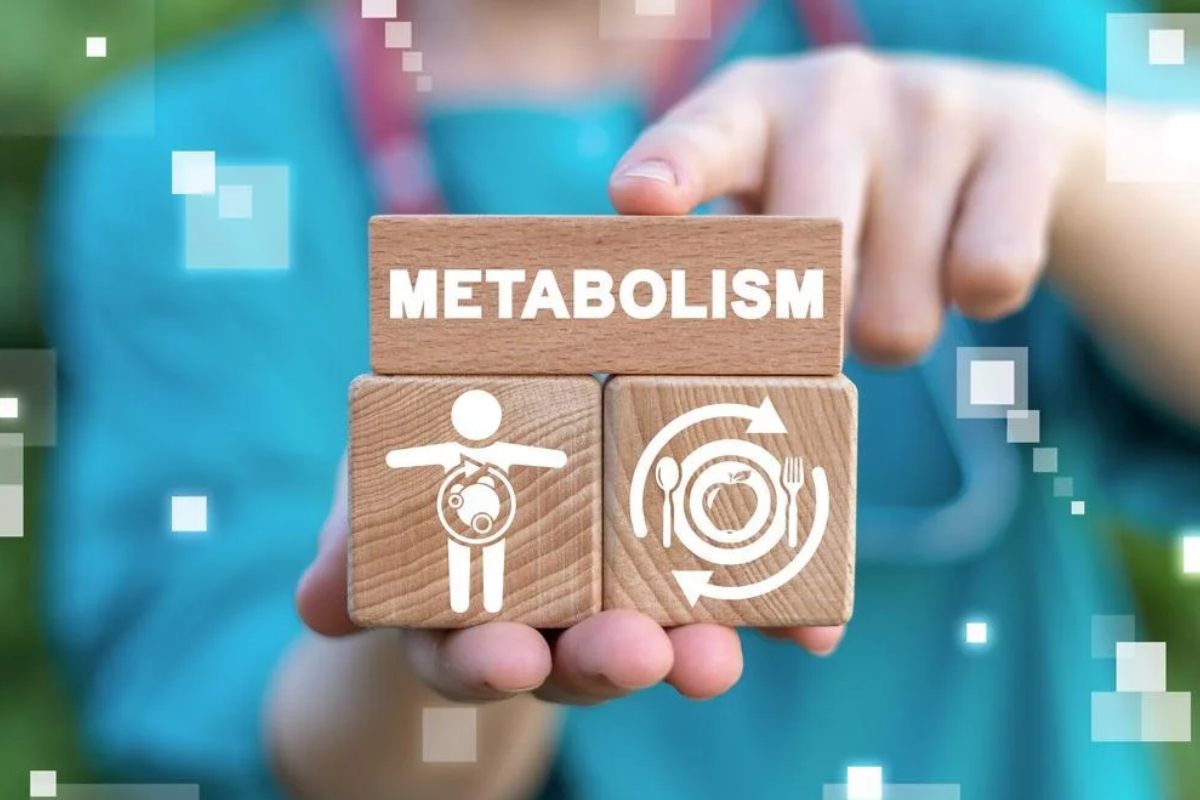Metabolism is the chemical processes in the body, the main indicator of which is the metabolic rate. The higher the rate, the faster our body uses up calories. There are many ways to speed up metabolism. One of them is to eat healthy foods within your calorie allowance. Among these foods, some make the body expend more energy and calories than usual. By including them in your diet, you can significantly speed up your metabolism and lose weight faster.
Table of Contents
Protein-Rich Foods
Protein-rich foods speed up your metabolism for hours! The most popular protein foods are meat, fish, eggs, dairy products, legumes, nuts, and seeds.
Increased calorie consumption when eating them provides the thermic effect of food, the amount of calories the body spends to digest and assimilate nutrients from food.
Studies show that protein-rich foods increase metabolic rate by 15-30%. In comparison, carbs increase by 5-10% and fats increase by 0-3%.
Protein helps maintain muscle mass while losing weight. The higher the muscle mass, the better the metabolic rate.
Also, protein foods prevent overeating and keep you satiated for a long time.
Foods Rich in Iron and Selenium
Iron and selenium are necessary for the proper functioning of the thyroid gland. It’s this organ that regulates metabolism.
Studies show that a lack of iron or selenium reduces the thyroid gland’s ability to produce enough hormones, resulting in a slower metabolism.
To help your thyroid function efficiently, include foods rich in selenium and iron in your daily menu, such as meat, seafood, legumes, nuts, and seeds.
Tea
Tea contains compounds such as catechins. They work in tandem with caffeine and increase metabolic rate. Oolong and matcha green tea stimulate fat oxidation and increase the number of calories burned.
Oolong and green tea help the body utilize stored fat for energy more efficiently, accelerating fat burning by up to 17%. As with coffee, the effects described vary from person to person.
However, as with coffee, the effects can vary from person to person. Some can feel energized after drinking it, while others can see no effect and feel tired even after an hour of playing Bigger Bass Bonanza or reading a fiction book.
Beans and Legumes
Beans, lentils, peas and chickpeas are particularly high in vegetable protein, which means that the body uses more energy to digest these foods.
Legumes contain nutritious dietary fiber, resistant starch, and soluble fiber, which are natural prebiotics to feed beneficial bacteria in the large intestine. These bacteria in turn help the body efficiently utilize stored fat as energy and maintain normal blood sugar levels.
Chili Peppers
Chili is a great fat burner. It’s all about capsaicin, a substance found in chili peppers. It increases the rate at which calories are burned in the body.
A review of 20 scientific studies shows that capsaicin can help the body burn about 50 extra calories per day. Some studies report similar benefits at doses as low as 9-10 mg per day.
Capsaicin also reduces appetite. A review of studies involving nearly 200 people found that taking at least 2 mg of capsaicin just before each meal reduced calorie intake, especially carbohydrates.
And adding cayenne pepper to meals can increase the amount of fat the body burns for energy. It’s true that the effect is only observed in those who are not used to eating spicy food.
Coffee
The caffeine found in coffee can help increase your metabolic rate.
Studies show that people who consume at least 270 mg of caffeine per day burn up to 100 extra calories per day. And caffeine also boosts performance, which is important before a workout.
Cocoa
Cocoa is another metabolism-boosting product. Studies on mice have shown that cocoa promotes fat burning. The effect was particularly pronounced in mice that were fed calorie-dense fatty foods.
However, one study suggested that cocoa interferes with the enzymes needed to break down fats and carbohydrates during digestion. This may prevent the body from digesting them properly.
The fat-burning effect of cocoa is seen in the pure product without additives or sugar. Processed cocoa contains fewer beneficial compounds.

